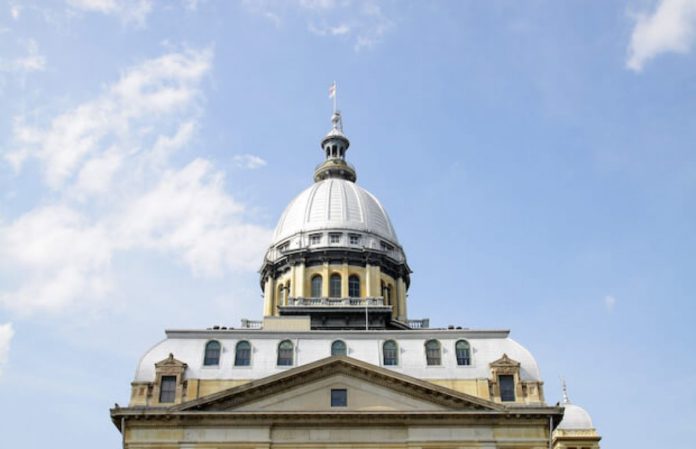Sportsbetting legalization process in Illinois has recently taken a turn when a new primary sponsor, Michael Zalewski included two amendments which could result in a 25% tax rate for some licensed operators. The Illinois gaming industry has openly declared against these amendments which could leave them with no options but to lower the odds, and in the end, forcing customers to other states.
Newly Added Amendments
Just recently, Michael Zalewski has become a new primary sponsor of House Bill 1260. As mentioned previously, at the start, he decided to add two amendments which could bring some major changes.
According to the first amendment, gambling operations which include riverboat casinos, lottery, video gaming, and horseracing establishments as well as an off-track betting parlor, in order to apply for a sports betting license will have to pay $10 million. 5% of their net terminal income, adjusted gross receipts (AGR) or total handle should also be passed along, depending on the greater accumulated amount.
Due to the amendment, all ten licensed riverboat casinos in Illinois need to pay $5 million to be given permission for running one of the following options: online sports betting or land-based sportsbook. Regardless of which one, operations come attached with a 25% tax rate on adjusted sports receipts.
When it comes to licensed video gaming, for an application, according to new legislative proposals, operators will have to limit sportsbook to 10% of their facilities and pay an equal amount for an online license. Lotteries, on the other hand, are left with parlay betting that takes place at 2500 retail locations; however, it comes with a $300 million fee, along with a tax rate of 100% on betting receipts.
As previously noted, the first amendment refers to horseracing tracks as well, permitting either online sports betting license or sportsbook on three off-track betting locations which have authorization.
With the second amendment enforced, previously-proven sports betting operators like FanDuel Group and DraftKings Incorporated will be paying $20 million for being granted one license from three remote options. In addition, each license owner will supposedly have to give 25% of AGR to Common School Fund, the State Construction Account Fund, and to Pension Stabilization Fund as well as include a 0.2 integrity fee payment to a locally-established sports league.
The first seven applicants (horse tracks, riverboats, and video gaming) for seven brick-and-mortar licenses will come with $15 million payment. Due to the second amendment, Horseracing operators are also due to pay 2% of AGR to the Horse Racing Purse Fund.
A clause that states about illegitimate gambling operations, was included as well, and in such cases, granting a license is forbidden within a three-year time frame.
Conditions in Other States
Tom Swoik from the Illinois Casino Gaming Association has recently spoken about sports betting legislation in other states. While doing so, he used Iowa and Indiana as an example. In Iowa, the tax rate for sports betting was set at 7.5% which is significantly smaller than Illinois proposals. Indiana, on the other hand, reached a 9.5% rate, along with license fees that go as high as $100,000. He further elaborated that the goal is not to have legislation that matches these states; however, having to pay three or even for times more; it’s just too much. In the end, it’ll just force them to lower the odds.




